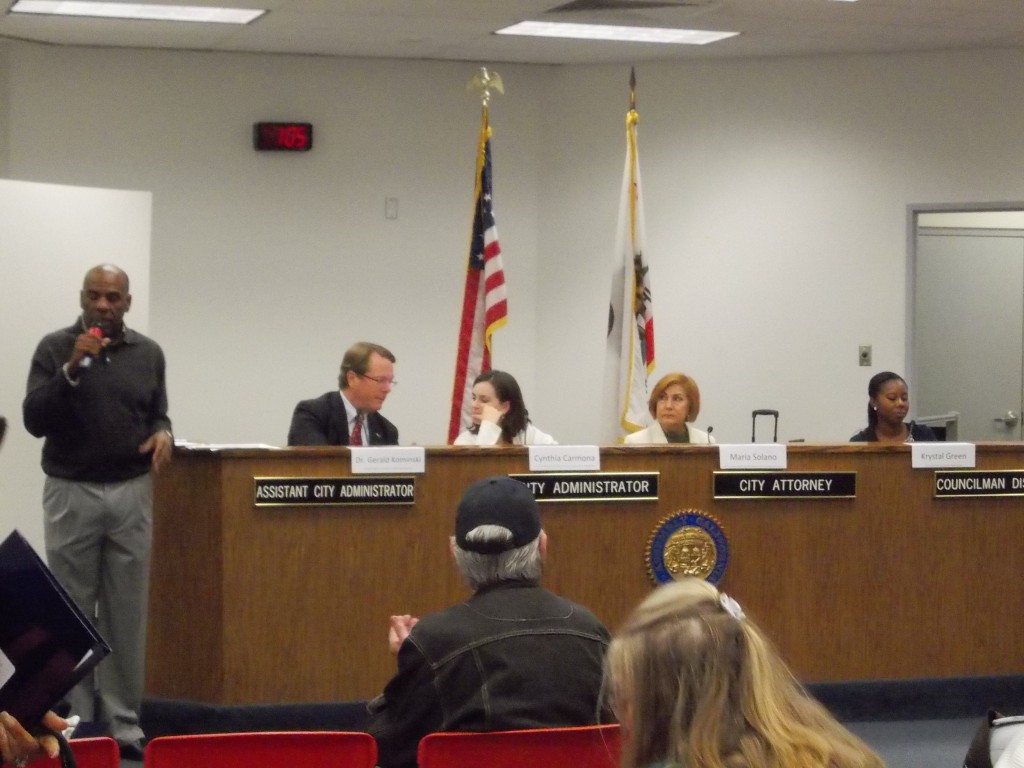 Shutdown has caused suspension of vital services which millions of Afrikan Americans depend on. Two-thirds of poor Blacks will be excluded from the national expansion of health insurance coverage.
Shutdown has caused suspension of vital services which millions of Afrikan Americans depend on. Two-thirds of poor Blacks will be excluded from the national expansion of health insurance coverage.
When the U.S. government partially shutdown fourteen days ago following Republican efforts to delay and defund Obama’s central policy, the Affordable Care Act (ACA), or, Obamacare, from being put into effect, it was bad news for all Americans but particularly Afrikan Americans.
The first people to be directly affected by the shutdown were the federal workforce, 800,000 of whom have been given leave of absence from their jobs until the government reaches an agreement and the shutdown ends. Since civil rights accomplishments in 1960, federal employment has provided secure, well-paid job opportunities for many Afrikan Americans.
While Afrikan Americans constitute just 13.6% of the national population, they comprise almost one-fifth of the federal workforce and are overrepresented in the staff who are currently unable to work. These workers have been told that they will not be paid for vacation or sick days but will receive back pay for the days they have worked. With the change in pay schedule, many workers struggle to pay bills and to provide for their families on a significantly reduced household income.
On October 1, following the shutdown, the United States Department of Agriculture (USDA) announced that it would be suspending its WIC program – a federally funded program which ensures that low-income mothers and their young children receive necessary nourishment. Of the 8.9 million mothers who rely on this vital service to keep themselves and their children healthy, 19% are Afrikan-American. If the shutdown does not end soon, these mothers will be left with burden to find money for essentials such as baby formula.
In terms of education, the shutdown is also disproportionately affecting the Black community. Head Start programs, which assist a million children from low income families – 34% of whom are Afrikan American – have been hit badly; at least seven were forced to close because of the lack of federal grant money that they rely on to operate. More will have to shut their doors if the shutdown lasts any longer.
After repeated attempts at negotiating between President Obama and the House Republicans, it seems as if things are only set to get worse.The recent media attention surrounding Republican attempts to derail the ACA’s effective implentation has also brought back to light the concerning fact that, regardless of whether or not enough funding is secured for Obamacare to run successfully, the problem will remain that millions of Black Americans will still have no choice but to remain uninsured because of overriding state decisions to opt out of the national expansion of Medicaid. Two weeks ago the New York Times published new data – supported by research done by the Kaiser Family Foundation – which confirmed that Afrikan Americans are suffering because of political opposition to Obamacare.
The twenty six states which have opted out of the Medicaid expansion are home to approximately 68% of the United States’ poor, uninsured Blacks. Mississippi is one such state; Afrikan Americans are 38% of Mississippi’s population but represent 44% of those uninsured, and other southern states show similarly disproportionate figures.
With the exception of Arkansas, every state in the Deep South, where so many Blacks live, has refused to extend Medicaid and thus has led some civil rights leaders to argue that racism has partly influenced the states’ decisions. Racist or not, it is undeniable that Black Americans will continue to be far more likely to be uninsured than White Americans despite the new changes: one-fifth of Black Americans are uninsured, compared to 13% of non-Hispanic whites.
Fortunately, California is not one of the non-participating states and so Medi-Cal (California’s Medicaid program) will be expanding, meaning that an estimated 1.4 million people will be newly eligible for Medi-Cal – including 850,000 who were previously uninsured – as a result of the ACA. Currently 4.8% of California’s uninsured population is Afrikan American, but that figure is expected to fall to 4.1% as a result of the ACA.
On Saturday, a town hall meeting held in Inglewood introduced Assemblymember Steven Bradford and a panel which addressed local concerns about how the ACA will affect Medi-Cal and Medicare. Assemblymember Bradford reassured his constituents that under the ACA “Californians cannot be denied health insurance coverage,” and that it will create a rise in the number of insured people. Representing the UCLA Center for Health Policy Research was Gerald F. Kominski, Ph.D., who explained that the changes brought about by the ACA will be highly beneficial for L.A. residents.
Kominski also mentioned young, childless adults (so most of UCLA’s students) as particularly benefiting from the new system because they may now qualify for no-cost Medi-Cal if they have a low-income. When asked by a student whether the expansion of Medi-Cal would also include out-of-state students, the panel could not give a definite answer but Kominski said that “most” will be able to apply in exactly the same way as Californian citizens and that the application process for them “wouldn’t really be any different to [that of] the general population.”
Most UCLA students will be minimally affected by the ACA since they are automatically enrolled in UC SHIP, which already “exceeds all the new coverage standards.” The UC SHIP website advises students to stick with the university’s insurance system, rather than shopping around, stating that comparable coverage and health services will cost more if bought independently.
For more information students can visit:
www.healthpolicy.ucla.edu
kff.org/health-reform
Author: Greta Tugwell
Nommo Staff
